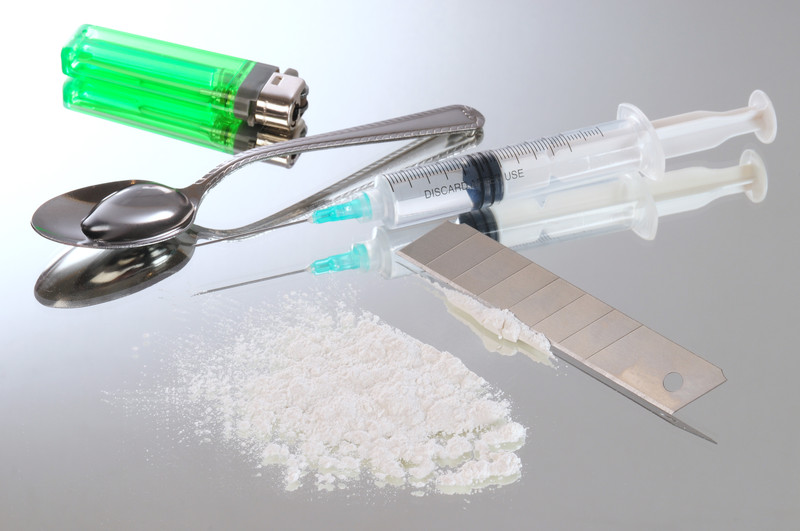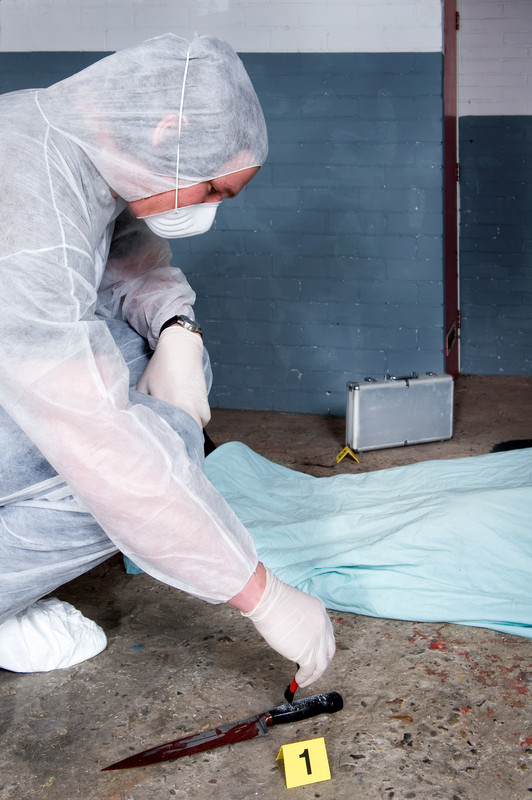The Position in Malaysia
 In Malaysia the evidence of identification of illicit drugs were done by government chemists and under section 399(1) of the Criminal Procedure Code, reports prepared by government chemists could be admitted as evidence provided ten clear days been given to the accused person before the commencement of the trial. If served less than ten days the report should be objected to when the prosecution wanted to tender it as evidence. It has been observed that although always been challenged, it was rare for the courts in the country not to accept the evidence of government chemists as accurate. Their reports when introduced were assumed to be accurate as to the identity of the illicit drugs seized and tendered in court.
In Malaysia the evidence of identification of illicit drugs were done by government chemists and under section 399(1) of the Criminal Procedure Code, reports prepared by government chemists could be admitted as evidence provided ten clear days been given to the accused person before the commencement of the trial. If served less than ten days the report should be objected to when the prosecution wanted to tender it as evidence. It has been observed that although always been challenged, it was rare for the courts in the country not to accept the evidence of government chemists as accurate. Their reports when introduced were assumed to be accurate as to the identity of the illicit drugs seized and tendered in court.
Can Evidence of Drug Analysts Be Challenged?
 However, advancement of science does not mean that the accuracy of drugs analysis and drugs identification by government chemists as drugs analysts could not be challenged and be disputed at all.
However, advancement of science does not mean that the accuracy of drugs analysis and drugs identification by government chemists as drugs analysts could not be challenged and be disputed at all.
In the United States and UK, crime labs have been subjected to too much criticism in the past decade, much of it because of DNA evidence that has shown that many prisoners were innocent. In many instances, prisoners were convicted based on faulty tests involving hair samples, clothing fibers, blood or ballistics from guns.
Challenging the findings of Drug Analysts
To find out whether the government chemist as drugs analyst has the expertise and experience in analyzing illicit drugs cross-examination on his work must be done to detect flaws in his analysis. To this, an experience lawyer understands the importance of cross-examining drug analysts. Even though government chemists had always been accepted by the court as qualified drugs analysts, they should be cross-examined because of the possibility of human errors in their analysis that can invalidate the results of their laboratory tests. It needs to be understood that not all drugs analysts are experts in detecting the particular drugs produced in court. For example, a drugs analyst may only be an expert in detecting illicit drug, heroin, but, not cannabis. So, it is necessary to find out the area of expertise practised by the drug analysts. The government chemist may come to court and testified that he has a Bachelor of Science Degree majoring in Chemistry with many years of experience of in the Chemistry Department, but, this do not show that the government chemist has any knowledge of heroin.

It is noted that expert opinion is always a weak opinion, but, at times whenever an expert opinion is given in favour of the prosecution, one would think the defence has no hope. This should not be the case. A good and skillful lawyer will definitely fight all out for you and show that the findings of the chemist or drugs analyst are not valid scientifically or that the tests were not done by him personally, but, by subordinate staff in the Chemistry Department. So choose a good and skillful lawyer in your defence. Laboratory tests at times could not be accurate, for example, if testing instruments and machines used had not be properly calibrated, samples could had been contaminated, or the chain of custody not had been completely documented.
It must be determined if the analyst followed the proper procedures. The chemist report might say that tests were performed, but, normally did not provide information whatsoever as to how he came to the conclusion.

